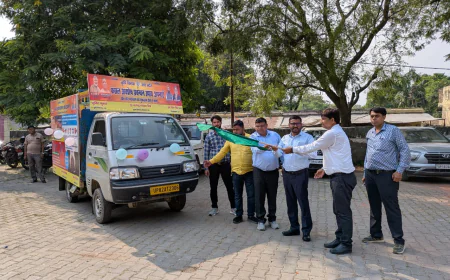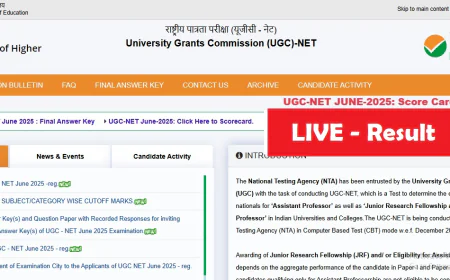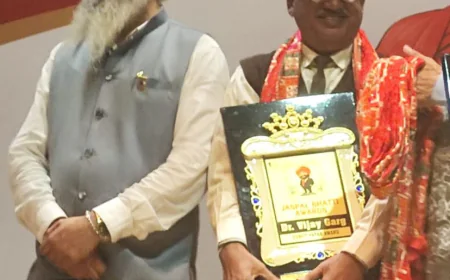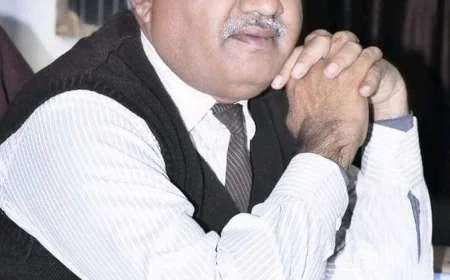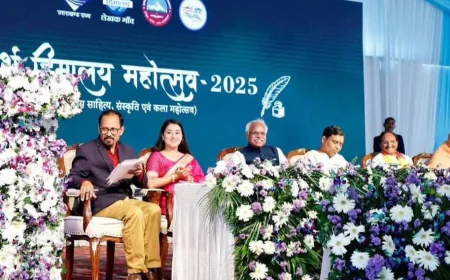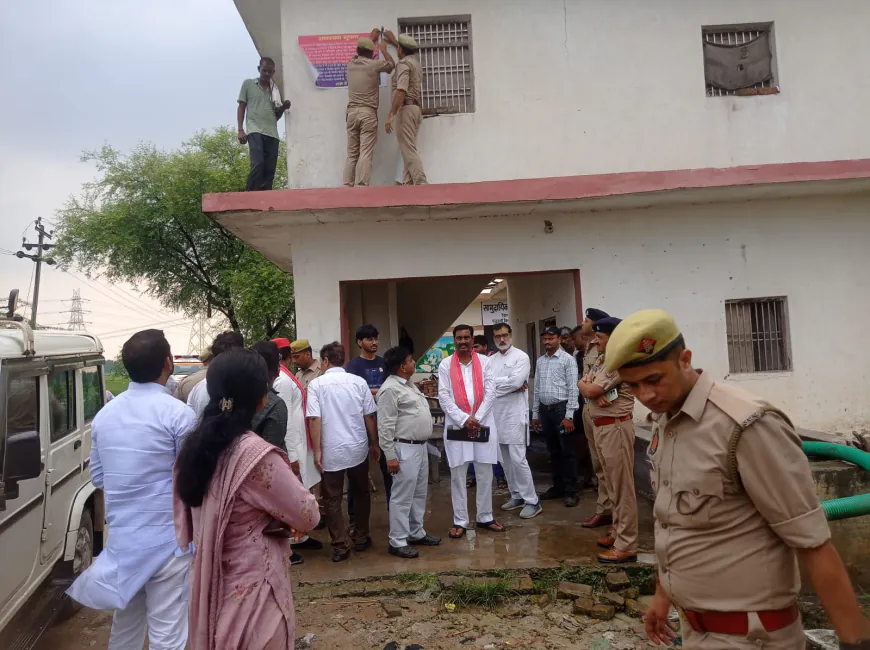Increasing cases of rape due to false promises of marriage

Increasing cases of rape due to false promises of marriage.
In recent years, there has been a rise in the number of rape cases where the accused is accused of raping her. In these cases, a man who has promised to marry a woman engages in sexual activity and physical intimacy with her but later reneges on his promise. Often forgetting that the relationship between them was consensual, the woman who feels wronged by this accuses the man of rape. The Allahabad High Court's decision in Atul Gautam v. State of Uttar Pradesh (2025) recently resulted in granting bail to a man who was accused of raping his cohabiting partner in exchange for marriage vows. Women's autonomy is affected by such court decisions, which also perpetuate gender stereotypes.
■ Priyanka Saurabh
The new report of the National Crime Records Bureau (NCRB) states that every year, several thousand rape cases are registered under the guise of false marriage vows. The judgment given by the Allahabad High Court in the Atul Gautam case in 2025 raises the question of how judicial interpretations affect the autonomy and legal protection of women. Rape and consenting to sex are clearly different. In these situations, the court must carefully consider whether the complainant had a genuine desire to marry the victim or if he had any ulterior motive and made a false promise to this effect only to satisfy his lust, as the latter is considered deception or fraud. Additionally, there is a difference between not keeping a false promise and breaking it. A promise made by the accused without the intention to entice the prosecutrix to engage in sexual activity will not be valid as rape. The prosecutrix may consent to sexual relations with the accused based on her love and passion for him rather than on a false impression created by the accused. Alternatively, the accused may be unable to marry her despite having the intention to do so due to unforeseen or uncontrollable circumstances. These situations need to be handled differently.
A case of rape is clear only if the complainant has a malicious intent or ulterior motive. The Atul Gautam v. Allahabad High Court decision violates the Supreme Court guidelines. This decision is in contrast to the Aparna Bhatt v. State of Madhya Pradesh decision of 2021, which forbids the accused and the victim from communicating while on bail to avoid secondary trauma. The Supreme Court ruled that to guarantee a fair trial, bail requirements should not compel communication between the accused and the survivor. The idea that marriage is a remedy for rape and not a punishment for the crime is reinforced by such bail requirements, which put the social compact ahead of the rule of law. Similar words were used while granting bail in Rama Shankar v. State of Uttar Pradesh (2022), which weakened the prosecution’s case against the defendant. The survivor may be forced into marriage by the accused in order to obtain bail, resulting in continued abuse within the legal system.
Abhishek v. State of Uttar Pradesh (2024) created a coercive dynamic by granting bail to the accused in exchange for a promise of marriage, rather than guaranteeing justice. Which forces the survivor to depend on the accused instead of getting proper rehabilitation support. The state's obligation to provide housing, education, and counseling to survivors and children was highlighted by the Court in the Juvenile's Right to Privacy (2024). The purpose of bail is not to enforce social duties but to guarantee temporary freedom while the case is pending. Women’s autonomy and the continuation of the “honor” ideology are affected by these judicial decisions, which also reinforce gender stereotypes. Such decisions make rape less of a crime and more of a loss of chastity, reinforcing the patriarchal notion that a woman’s dignity is tied to marriage. Courts have, in many past decisions, equated a victim’s rehabilitation with marriage, failing to acknowledge rape as a violation of bodily autonomy. Courts undermine women’s autonomy by pressuring victims to marry offenders and promoting abuse and control under legal protection.
Courts that consider marriage as a remedy ignore the victim’s lack of consent, which means that coercion can be legally justified. Women are often forced to stay in “compromise marriages” with their abusers despite continued trauma and safety risks. Violating Article 21, which protects women’s autonomy and dignity, such decisions violate women’s constitutional rights by forcing them into relationships against their will. According to the Supreme Court, forced marriages violate Article 21, causing victims to face more exploitation instead of justice. These judgments perpetuate the notion that marriage can resolve sexual violence, turning these incidents into civil disputes rather than serious crimes. Victims in conservative rural areas are often pressured by courts to marry the accused. To ensure that justice is not compromised by social pressure, courts should follow established rules that prohibit marriage from being a condition of bail.
In the Aparna Bhat case (2021), the Supreme Court ruled that bail requirements that force victims into relationships or perpetuate gender stereotypes should be avoided. The state should improve welfare programs by providing monetary support, counseling, legal aid, and skill-building courses to help victims become self-reliant. Integrated support services are provided by the One Stop Centre scheme; however, for maximum impact, this needs to be improved and expanded. To ensure that judicial discretion does not threaten victims’ rights, legislative amendments should specifically prohibit the practice of granting bail on the condition of marriage. Provide gender-sensitive training to judges to ensure that legal interpretations uphold constitutional principles rather than patriarchal biases. Victims’ rights and gender justice should be incorporated into judicial training courses, such as those conducted by the National Judicial Academy.
To ensure speedy justice, speedy trials will eliminate the need for lengthy legal battles to force victims into settlements. Although the 2019 Nirbhaya Fund was set aside for fast-track courts, many of them still remain underutilized as a result of a lack of resources and administrative bottlenecks. Such judicial decisions risk undermining women’s rights and thus reinforcing patriarchal norms. A well-thought-out legal strategy is needed to distinguish between the complexity of the relationship and the intent to defraud. Justice can be delivered by strengthening legal protections and providing gender-sensitive judicial training, in line with India’s commitment to gender equality.


